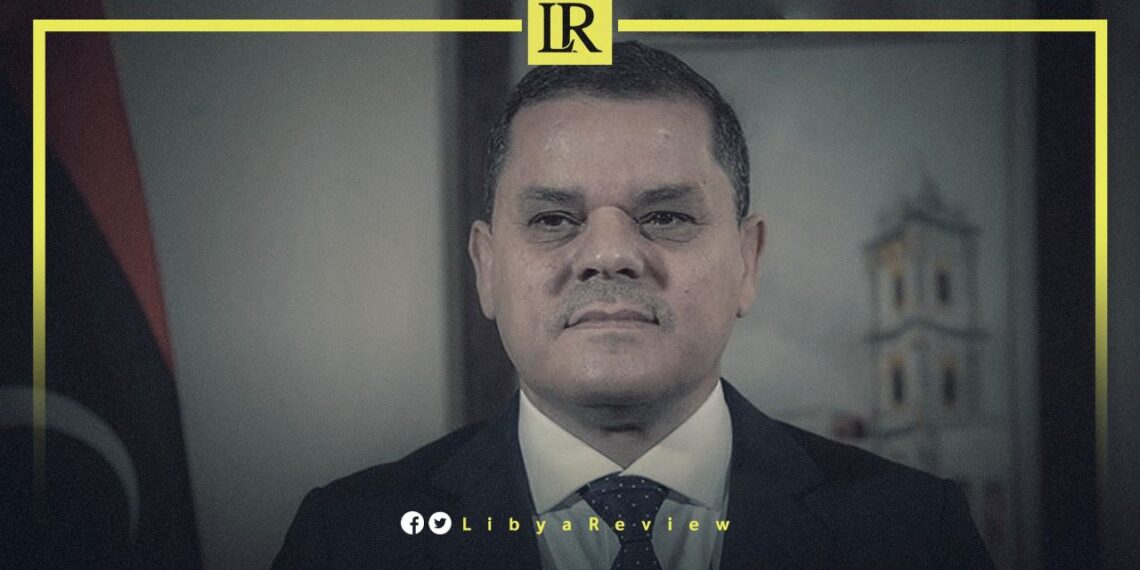Talal Al-Mihoub, the head of the Defense and National Security Committee in the Libyan House of Representatives, has openly rejected the decision to allocate land from the Misrata Air College for the use of AFRICOM forces.
Al-Mihoub asserted that the outgoing government led by Abdel-Hamid Dbaiba bears full responsibility for the presence of any foreign forces in Libya. He emphasized that the silence of the National Security Council’s president is both unacceptable and unreasonable.
He further noted that there is no license to facilitate the presence of foreign entities in Libya, according to statements reported by Sputnik News Agency.
This development comes amid increasing scrutiny over foreign military involvement in Libya, highlighting the complex dynamics of international relations and sovereignty within the North African nation.
Earlier, the National Defense and Security Committee of the Libyan House of Representatives denounced a decision by the Prime Minister of the outgoing Government of National Unity (GNU), Abdel-Hamid Dbaiba, to allocate land in Misrata to the US Africa Command (AFRICOM).
“There is currently no terrorism impact with the presence of the Libyan National Army (LNA) under the General Command, controlling a vast area, specifically in Libya as a whole. The General Command continued its relentless efforts until the liberation of the nation from the grip of terrorism,” the committee said in a statement.
Furthermore, the committee noted that AFRICOM issued an official statement declaring the conclusion of military operations in Sirte (Al-Bunyan Al-Marsoos) in 2016.
The decision was described by the committee as unjustifiable, seen as effectively handing over the nation to foreign forces. It urged an end to this disruption in the country and holding the outgoing Unity Government responsible for any foreign presence in the country.
Earlier this month, a State Department spokesperson told Agenzia Nova that the US is providing training to Libyan law enforcement personnel. This training, conducted outside Libya, is part of a globaState Department spokespersonl program aimed at law enforcement development, managed by the Office for Diplomatic Security.


